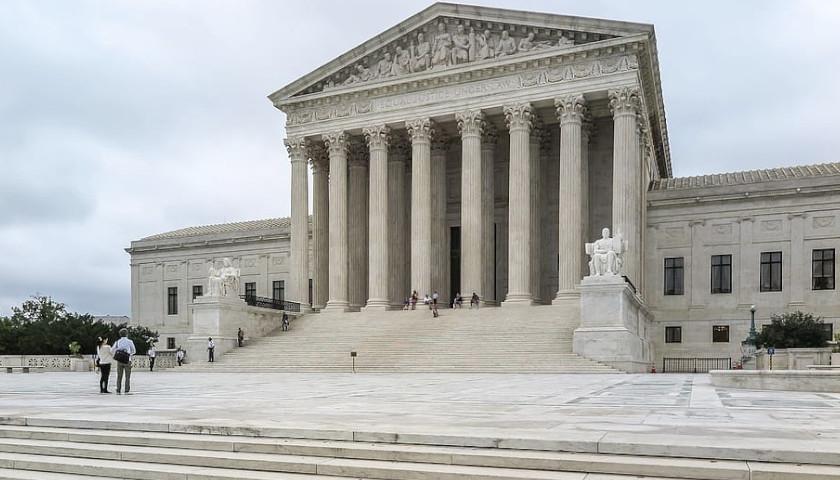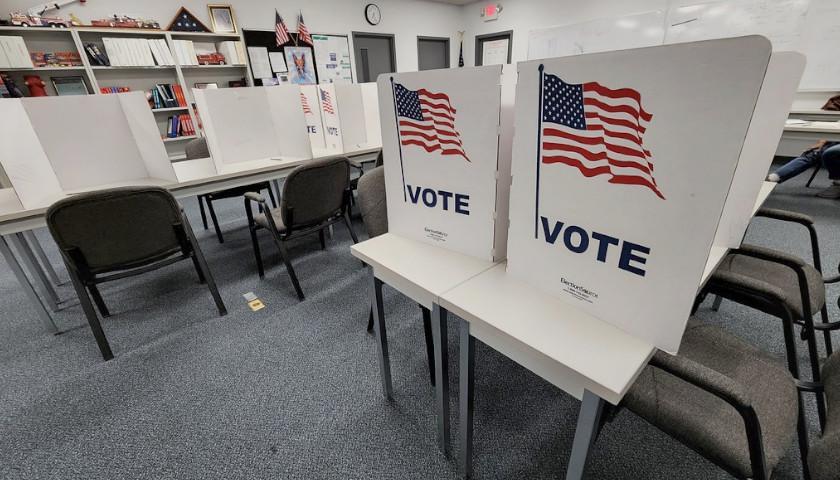by Natalia Mittelstadt
Election integrity advocates say those charged with voter fraud across the U.S. are indeed being prosecuted but they warn lenient sentences are resulting in little – if any – deterrence to future crimes.
“The good news is [prosecutors] seem to be more aggressive about going against these kinds of cases,” Ned Jones, deputy director of the Election Integrity Network, told Just the News on Monday. “But the sentencing is ridiculous – it’s not harsh enough.”
Most of the cases appear to be ending in plea deals or with little to no time behind bars, unless for repeat offenders.
In Arizona, for example, former San Luis Mayor Guillermina Fuentes received a sentence of 30 days in jail for her participation in a ballot-harvesting scheme in during the 2020 elections. She also was sentenced to two years’ worth of probation.
In 2020, a Texas social worker was charged with 134 felony counts of election fraud for allegedly submitting voter registration applications for 67 residents without their signature or effective consent, while purporting to act as their agent, according to the Texas attorney general’s office.
However, the person was able to enter a plea deal that included probation instead of having to serve 10 years in prison.
In Pendleton County, West Virginia, contract mail carrier Thomas Cooper pleaded guilty in July 2020 to “attempted election fraud” and “injury to the mail” and was sentenced to five years of probation, with the first six months home confinement.
In Texas, a woman pleaded guilty last summer to 26 felony counts of voter fraud and was sentenced by the court to five years’ deferred adjudication probation.
“Where’s the deterrent?” Jones asked.
J. Christian Adams, president of the election integrity law firm Public Interest Legal Foundation, told Just the News on Wednesday that the lawyers “prosecuting these cases are extremely unfamiliar with bringing them” because “they don’t have experience in election law” or “prosecuting voter cases.”
As a result, they “plea down” because they’re afraid of the defense’s argument, Adams said.
“None of these prosecutors get training in election law,” and election law isn’t taught in law school, or is taught incorrectly in the few places that do teach it, he also argued.
Phill Kline, director of The Amistad Project, recently told Just the News that his “primary concern isn’t that sentences are weak, it’s that investigations are almost nonexistent.”
“Many of the more serious violations of law have no remedy of law or sanction whatsoever,” he said, referencing the Wisconsin Supreme Court ruling that it was illegal for election regulators to allow as many as 200,000 voters to skip voter ID for absentee ballots during COVID when there was no such legal authority to do so.
“Some of these weaker concerns allow people investigating what happened to avoid investigating things that are problems,” Kline said about the smaller election fraud cases.
Still, former Pennsylvania Democrat Rep. Michael “Ozzie” Myers was sentenced to 30 months in prison last year after pleading guilty to election fraud.
Myers, 79 at the time, and who had previously served prison time, pleaded guilty to several election fraud charges, including “orchestrating schemes to fraudulently stuff the ballot boxes for specific Democratic candidates in the 2014, 2015, 2016, 2017, and 2018 Pennsylvania elections,” according to the Justice Department.
The former congressman was expelled from the U.S. House of Representatives after being convicted of bribery and conspiracy in the Abscam scandal.
– – –
Natalia Mittelstadt graduated from Regent University with Bachelor of Arts degrees in Communication Studies and Government.






Lock them up and throw away the key. Corruption of the sacred election process is a major offense.